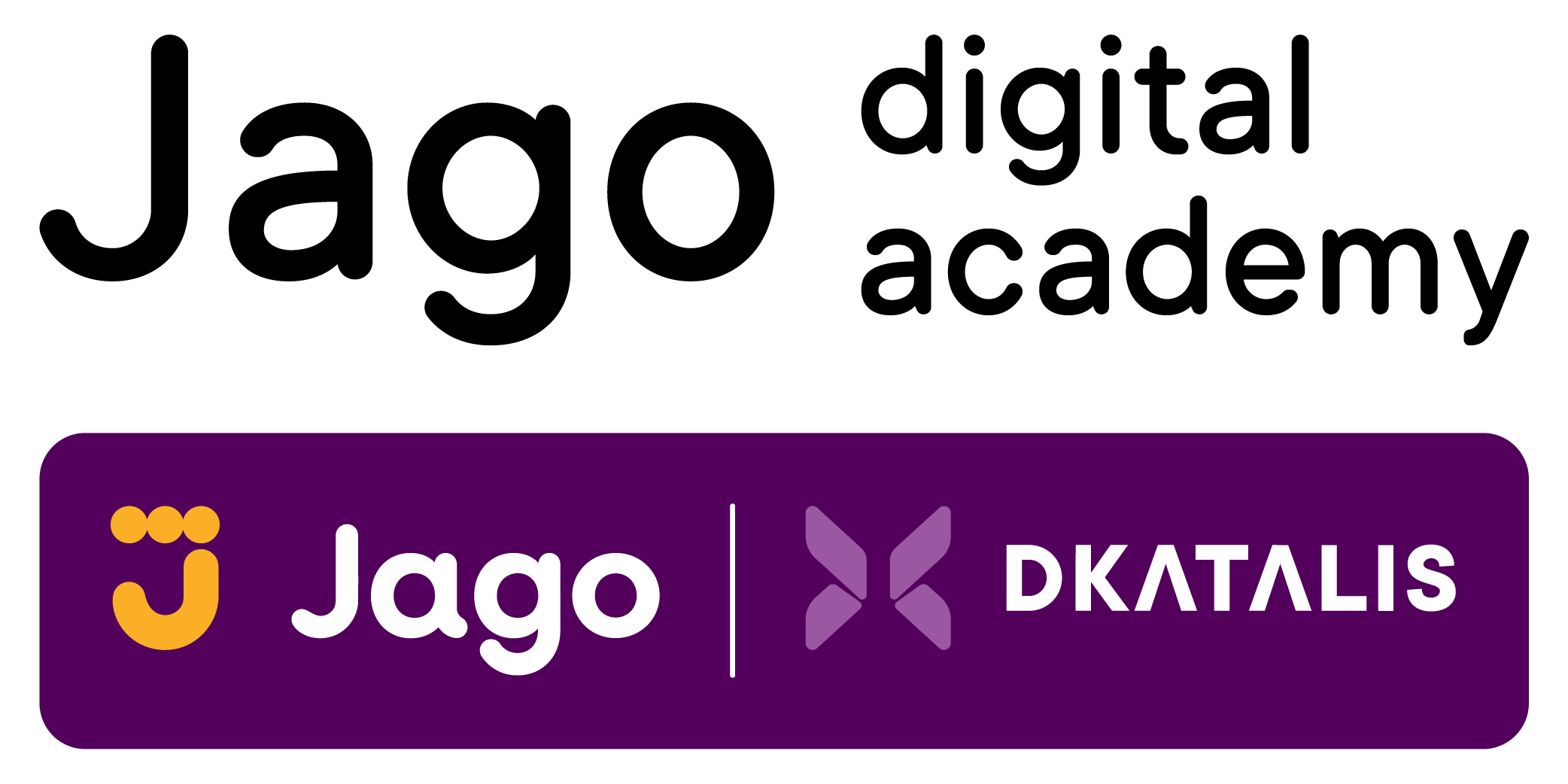A Chance Encounter with the Agile Way of Working
What are the responsibilities of an Agile Coach at DKatalis?
A young at heart tech enthusiast who strives to create an engaging environment for digital talents to have fun while creating cool products.
A visionary mind with unique background that orchestrates disruptive innovations in the banking industry.
Passionate mentor for next generations of start up founders, focus on digital banking products for mass and middle market customer.
Meet Jamorn, the creative mastermind behind many innovative financial solutions with over a decade of experience in the banking industry. He's also a game development enthusiast, which makes his skill set and approach more colorful.
A data wizard who uses his magical skills to transform financial institutions' products into personalized wonders.
A seasoned Software Engineer with over two decades of web and JVM domain mastery in various industries.
Resourceful and experimental, Ben is always tinkering with new tools to improve
the organization's machine-learning capability. He is also an author of 2 books and active
blog writer.
Denis believes that with the right mindset, creating software can be done using any tools and programming language. Still, he is an expert developer of softwares running under Java Virtual Machine (JVM).
From a full-stack software developer in digital banking, Monica transitioned to agile coaching with a passion for clean code, design patterns, and good coding practices. She's also a versatile mentor specializing in web dev (React JS) and backend (Spring Boot Java, Express) with more than 700 students taught.
An experienced full-stack software engineer turned agile coach, Shita knows the ins and outs of tech team dynamics, particularly in digital banking. Leveraging her profound technical expertise and newfound coaching skills, she collaborates with teams to foster growth and embrace agility under the LeSS framework.
Driving growth and innovation in the Sharia financial landscape, and long time SME strategist.
Treasurer turned life-coach Guru, guiding minds to unlock potential, enriching lives through wisdom in wealth, career, and growth. Namaste!
Tech Risk Explorer who is also an agile champ, navigating the digital seas with a treasure map of governance, risk, and growth.
A charismatic tech thought-leader with a proven track record in the banking industry, from conventional banking to building groundbreaking digital banks with millions of users. His vision is to create tech-based solutions for people everywhere.
A Financial Maestro at Bank Jago, orchestrates solutions that harmonize success. Sonny transforms financial challenges into opportunities, crafting fiscal compositions that crescendo into growth, conducting prosperity for clients and Bank Jago's future.
The Guardian of Integrity turned Compliance Conjurer at Bank Jago, ensuring the financial realm thrives. An agile enchanter, Afun traverses the digital domain armed with a map of governance, compliance, and expansion, safeguarding the path to prosperity.
The Risk Director & Chief Risk Officer at Bank Jago. Serving as both Risk Director and Chief Risk Officer, Uma wields strategic foresight to steer the course amidst uncertainty. Safeguarding the financial landscape, strategies are crafted to fortify against potential disruptions while nurturing growth.
Embracing the future of finance, he orchestrates transformative journeys for borrowers and the bank at Bank Jago. Crafting seamless experiences through cutting-edge technology, Andy navigates the digital lending frontier, pioneering innovation and access.
He is not your typical banker. As the dynamic CEO of Bank Jago, he combines sharp financial expertise with a passion for innovation and community impact. With over 25 years in the industry, he has a proven track record of transforming banking into a more customer-centric, tech-forward experience.
He ensures Bank Jago stays true to its Shariah principles while embracing the future of banking. With a passion for integrity and innovation, balancing ethical banking with modern solutions.
He is the heart behind Bank Jago’s people strategy and really passionate about creating an inclusive, vibrant workplace where talent thrives. With a knack for building teams and nurturing growth, he ensures that the bank’s culture is as dynamic as its people.



